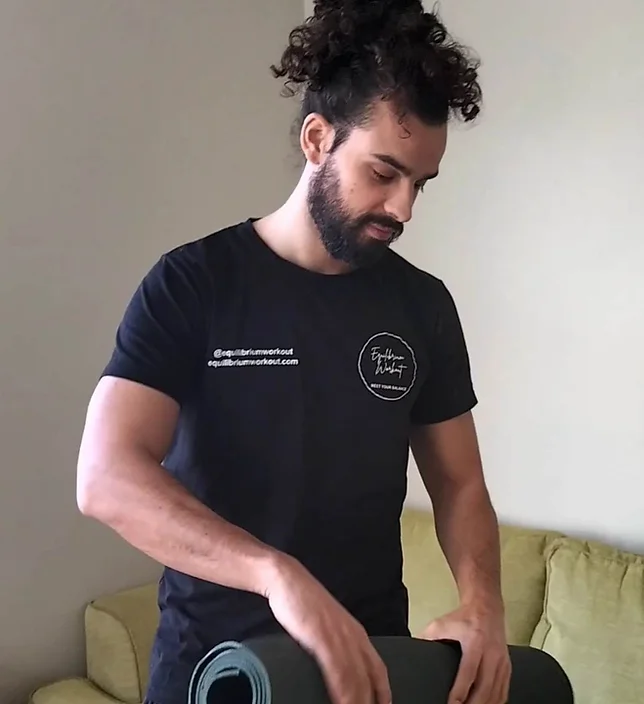Stress is an unavoidable part of modern life. Work deadlines, financial pressures, relationship issues, and other challenges can all contribute to feeling stressed out. While a bit of stress can help motivate us, chronic stress takes a toll both mentally and physically. Finding healthy ways to manage stress is important for overall well-being. Regular exercise is one of the most effective tools for relieving stress.
How Exercise Helps Relieve Stress
Exercise has numerous science-backed benefits for relieving stress and anxiety. Here are some of the main ways that regular physical activity helps:
- Releases endorphins: Exercise stimulates the release of endorphins, chemicals in the brain that produce feelings of happiness and euphoria. This gives an immediate mood boost that can counteract stress.
- Reduces cortisol: Cortisol is a hormone released when the body experiences stress. Moderately intense exercise helps lower cortisol levels and decrease feelings of tension.
- Improves sleep: Exercise can help improve sleep quality, which is often disrupted by stress. Better sleep leaves you feeling more refreshed and better able to cope with challenges.
- Boosts resilience: Regular exercise actually changes brain chemistry over time, making the brain more resilient to stress. It strengthens neural pathways that regulate mood and fear response.
- Provides distraction: Focusing on exercise serves as a positive distraction from anxious thoughts about work, relationships, finances or other potential stressors. This mental break can help clear your head.
- Increases confidence: Meeting exercise goals and improving fitness can boost self-esteem and make you feel more empowered to handle life’s ups and downs.
How Much Exercise Do You Need?
To reap the stress-relieving rewards, aim for 30 to 60 minutes of moderately intense exercise most days of the week. This could include activities like brisk walking, jogging, cycling, swimming, dance classes and more. Any movement that raises your heart rate and breathing counts.
As any good personal trainer London will tell you, even short 10-minute bursts of exercise multiple times a day can help release tension when you feel stressed in the moment. So, look for ways to incorporate more activity into your daily routine. Take the stairs, walk around your building at work, or do exercises during TV commercial breaks.
It’s also important to choose activities you enjoy so exercise feels re-energising, not like another obligation. Sign up for personal training if you lack motivation. Experiment to find the right fit. Consider group classes for camaraderie or solo pursuits for quiet recharging time, whatever suits your personality.
Overcoming Barriers
Creating a new exercise habit takes some effort at first. Be prepared to overcome common barriers like lack of motivation and time constraints. But the payoff is well worth it. Here are some tips:
- Schedule workouts: Put them in your calendar to create an appointment with yourself that you won’t skip. Plan to exercise at the same time(s) each day for consistency.
- Find a workout buddy: Having an exercise partner keeps you accountable. You can encourage each other on days you don’t feel like showing up.
- Focus on how good you’ll feel: When motivation is lacking, focus on the mood boost, reduced tension, and other benefits you’ll feel after a workout.
- Wake up early: If evenings are crammed, schedule morning workouts before your day gets too hectic. Rise 30 minutes earlier and jumpstart your system.
- Include exercise in your commute: Bike, walk, or get off public transport a few stops early and continue on foot.
Stress is unavoidable, but exercise gives you a healthy tool to help manage it. Staying physically active provides both immediate and long-lasting benefits for relieving tension, anxiety, and overthinking. Give it a try and make exercise a regular habit. Your mind and body will thank you.





